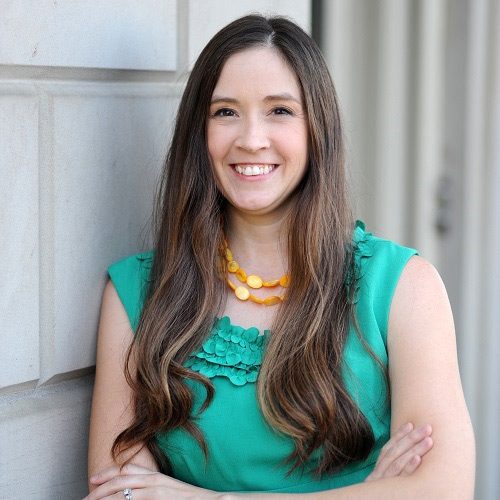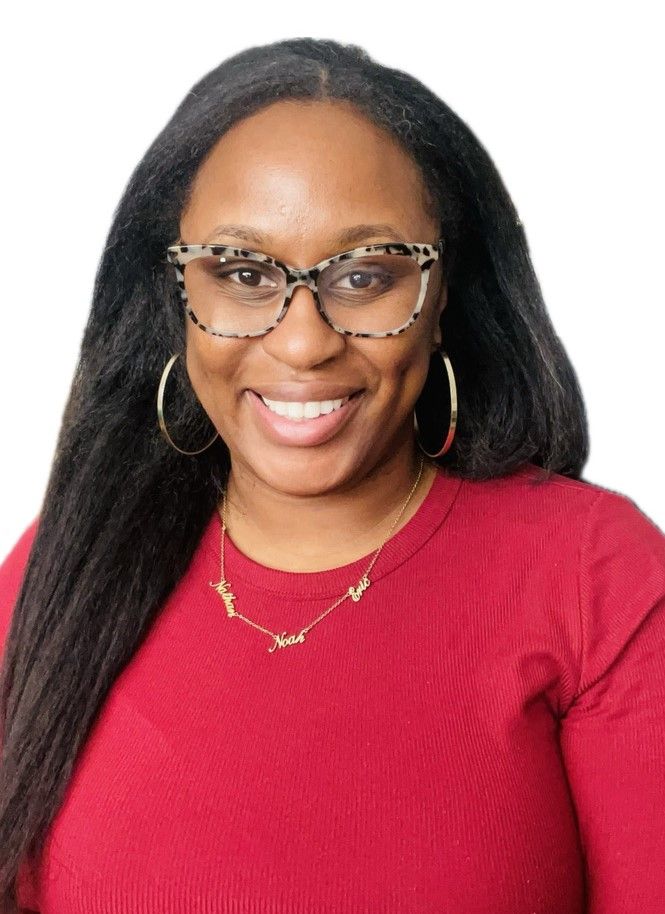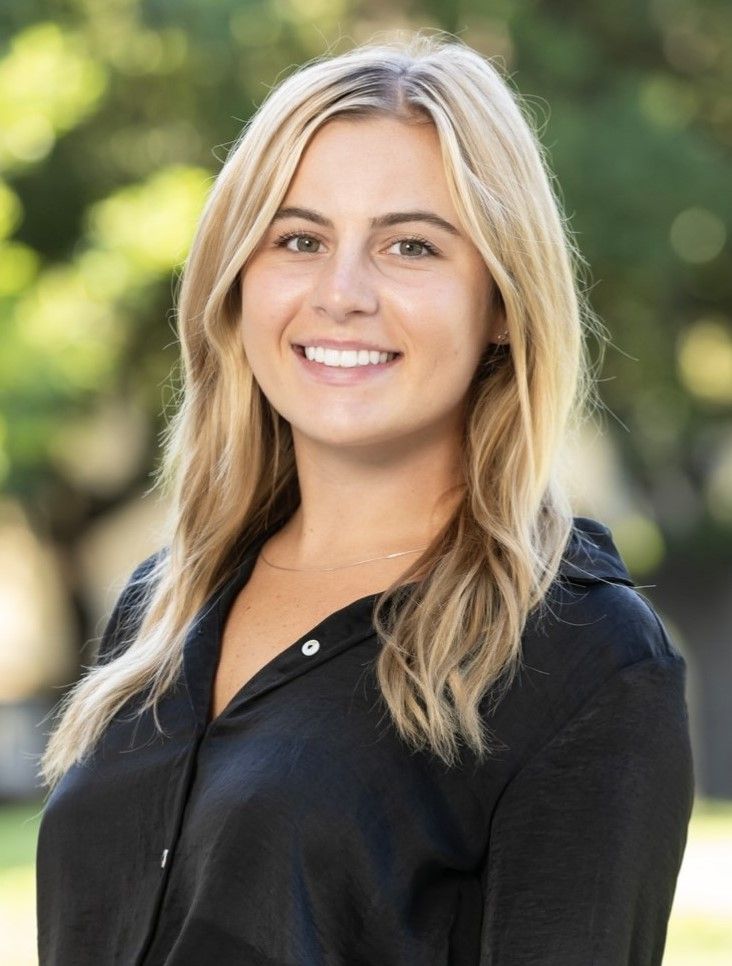Mission
The American College Application Campaign (ACAC) is a national initiative designed to increase the number of first-generation college students and students from low-income families who pursue a postsecondary degree. The purpose is to assist high school seniors as they navigate the college application and admissions process and ensure each participating student submits at least one admissions application.
The Campaign is conducted state by state and each state determines which week or month is officially designated as the College Application Campaign. Events across the country often take place between September-December.
Many states are also connecting college application completion events with FAFSA completion and College Signing Day efforts. After submitting the admissions application, some events encourage students to register for their FSA ID and are provided with the date of their state’s FAFSA completion event to ensure they complete the admissions process and apply for financial aid.
American College Application Campaign Staff
For questions about the American College Application Campaign, you may contact the team through the ACAC@act.org email address.

Lisa King
Director

Brittani Williams
Program Consultant, ACAC College Match Day

Jennie Pitchford
Program Support Consultant
History
The first College Application Day was held at a GEAR UP North Carolina high school in Siler City, NC in November 2005. The next year it expanded to 15 high schools, then to 109 high schools in 2007. By 2010, at least 470 NC high schools participated in the state’s College Application Week program annually. Additionally, by the same year, the program had spread to five southern states and Colorado. A planning grant was provided by Lumina Foundation in 2011 along with a programmatic expansion grant by The Kresge Foundation. In November 2011, three new states piloted the effort. Since then, the program has grown annually to include more states, more high schools, and more students nationally. The program has now expanded to nearly every state and the District of Columbia.
The campaign joined ACT as of January 2019. ACT’s Center for Equity in Learning, will oversee and continue to expand the campaign. Together we will continue to focus on closing gaps in equity, opportunity, and achievement for first-generation college students and students from low-income families and help them navigate the college application and admissions process.
Based on data reported by state campaigns, during the 2023 campaign, more than 9,253 high schools hosted a college application event which resulted in more than 467,000 seniors submitting more than 1,398,024 college applications. Nationally, the campaign has served nearly 4.7 million students who have submitted nearly 8.7 million applications since 2005.
Steering Committee
In October 2010, a group of interested individuals began discussions of how the program might be broadened to include other states. The Steering Committee convened from 2010-2014. The Campaign Steering Committee included the following individuals who, at the time, represented the following organizations:
- James Applegate
- Molly Corbett Broad
- Greg Darnieder
- Kati Haycock
- Bobby Kanoy
- Martha Kanter
- Richard Laine
- Chris Minnich
- George Pernsteiner
- Sheri Ranis
- Roberto Rodriguez
- Illinois Board of Higher Education
- American Council on Education
- United States Department of Education
- The Education Trust
- American Council on Education
- New York University
- National Governors Association
- Council of Chief State School Officers
- State Higher Education Executive Officers
- Lumina Foundation for Education
- White House Domestic Policy Council
Partners and Sponsors
Since its inception, the ACAC team has been able to provide free technical assistance and training to states implementing a Campaign program thanks to our generous funders, past and present. Thank you to the following foundations and organizations for supporting ACAC over the years:
